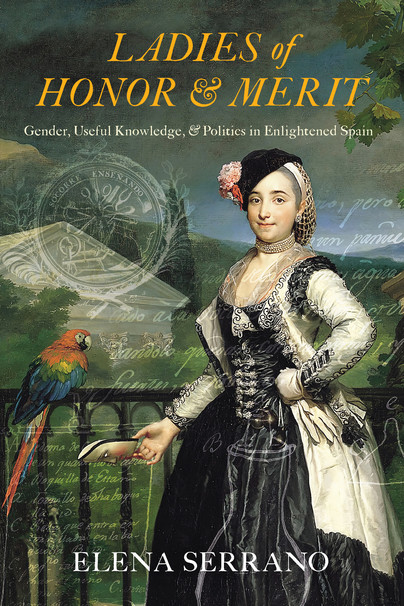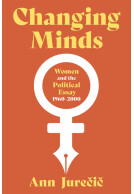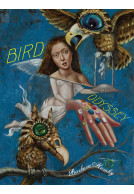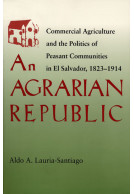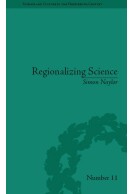Ladies of Honor and Merit (Hardback)
Gender, Useful Knowledge, and Politics in Enlightened Spain
Imprint: University of Pittsburgh Press
Pages: 244
ISBN: 9780822947165
Published: 28th September 2022
Script Academic & Professional
Pages: 244
ISBN: 9780822947165
Published: 28th September 2022
Script Academic & Professional
You'll be £40.50 closer to your next £10.00 credit when you purchase Ladies of Honor and Merit. What's this?
+£4.99 UK Delivery or free UK delivery if order is over £40
(click here for international delivery rates)
Need a currency converter? Check XE.com for live rates
(click here for international delivery rates)
Need a currency converter? Check XE.com for live rates
In the late eighteenth century, enlightened politicians and upper-class women in Spain debated the right of women to join one of the country’s most prominent scientific institutions: the Madrid Economic Society of Friends of the Country. Societies such as these, as Elena Serrano describes in her book, were founded on the idea that laypeople could contribute to the advancement of their country by providing “useful knowledge,” and their fellows often referred to themselves as improvers, or friends of the country. After intense debates, the duchess of Benavente, along with nine distinguished ladies, claimed, won, and exercised the right of women to participate in shaping the future of their nation by inaugurating the Junta de Damas de Honor y Mérito, or the Committee of Ladies of Honor and Merit. Ten years later, the Junta established a network of over sixty correspondents extending from Tenerife to Asturias and Austria to Cuba.
With this book, Serrano tells the unknown story of how the duchess and her peers - who succeeded in creating the only known female branch among some five hundred patriotic societies in the eighteenth century - shaped Spanish scientific culture. Her study reveals how the Junta, by stressing the value of their feminine nature in their efforts to reform education, rural economy, and the poor, produced and circulated useful knowledge and ultimately crystallized the European improvement movement in Spain within an otherwise all-male context.
Other titles in University of Pittsburgh Press...







